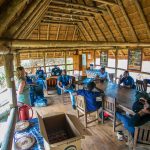Kufadza
Zambia’s first all-female community scout unit
Introducing Kufadza, Zambia’s first all-female team of Community Scouts. Kufadza, meaning inspire in the local Goba language, is exactly what these women do. To become one of the Kufadza, 40 of the 98 women who originally applied competed in a rigorous selection process with Conservation Lower Zambezi (CLZ) and the Department of National Parks and Wildlife (DNPW). The selection process tested their physical and mental resilience, which would be required for them to succeed in the field.

Only ten of these women were then selected to be trained by DNPW at their Chunga training facility inside Kafue National Park funded by CITES MIKE co-funded by the European Union and USAID’s Integrated Land and Resource Governance. Alongside men, these women underwent a three-month intensive training involving strenuous exercise as well as lessons on how to navigate the bush safely, interact with wildlife, track poachers and handle weapons.
When asked why she chose to pursue the career of Wildlife Ranger and Community Scout, Lisa Siamustantu says that she has loved nature since she was a child and feels a strong desire to protect it. She saw male rangers from her community and always wondered how she could possibly make her way into the field of wildlife protection. So, when the opportunity arose, she jumped at the chance to fight for a spot on the team. She says that one of her favorite parts of being a community scout is the confidence and pride she has within herself for thriving in this male-dominated field.
Lisa believes it is important to involve females in the field of wildlife protection. Women play a vital role in the management of natural resources as well as the education of the next generation. However, they have often been left out of the decision-making process when it comes to conservation. Including women is critical to promoting the values of environmental conservation and to instilling those values in future generations. “This doesn’t mean that male wildlife rangers are not doing a good job, it is just a matter of including and empowering women as well, Lisa says.”

The team of female rangers, including Lisa, now face an even greater challenge. Patrolling and protecting Lower Zambezi National Park as well as the surrounding game management areas. Covering an area of almost 10,000 square kilometers, is no small task. Two of the women selected will become part of specialised units, the Rapid Response Unit and the Detection and Tracking Dog Unit. The other eight women are split into two teams (Falcon and Eagle) who rotate, conducting patrols in the Lower Zambezi for ten days at a time.
The women of Kufadza are equally as responsible for law enforcement and wildlife protection as their male counterparts. Armed with AK-47 assault rifles for their protection, these women hike an average of 10 to 15 kilometres each day through the African bush, searching for snares and other signs of illegal activity. Poachers are not the only thing to watch out for, however. Rangers must know how to react when they come in contact with the more dangerous wildlife which they are charged with protecting in the region, including lions, leopards, buffaloes, hippos, and African savannah elephants.

Another vital role that the Kufadza play in the Lower Zambezi, is as role models and community liaisons. As Zambia’s first ever all-female community scout unit, they are a symbol of strength and a voice for many women and children in their communities. Next year, they will be incorporated in CLZ’s Environmental Education Programme which helps raise awareness about the importance of conservation and gives opportunities for local children to experience wildlife and learn about their environment.
It takes strength, courage, integrity, and resilience to be a ranger, male or female, and while the women of Kufadza are sure to face many challenges, they look forward to what lies ahead.
Follow the team and support the work of rangers in Lower Zambezi by visiting www.conservationlowerzambezi.org and follow us on Facebook @clzafrica, Instagram @conservation_lower_zambezi, or Twitter @CLZAfrica.



